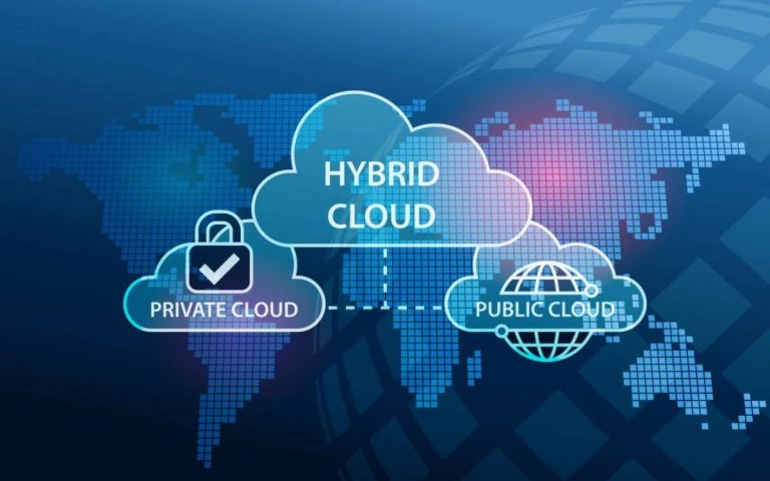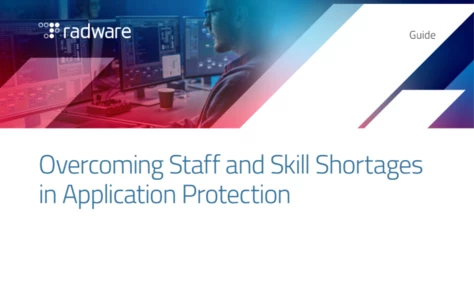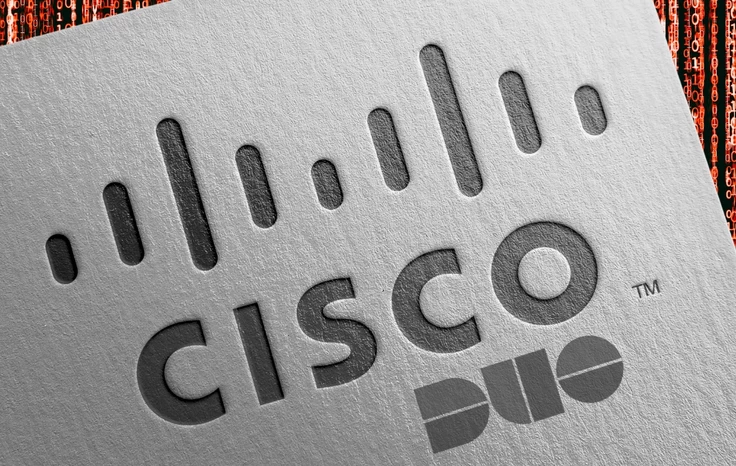What is Spoofing? Definition, Types, Prevention
What can companies get out of hybrid cloud management software?

Hybrid cloud brings organisations the best of both worlds in their cloud endeavours. Not only can they embrace public cloud on an ad hoc basis, but it also enables a lifeline for legacy systems through private cloud data centres. As a result, organisations can enjoy heightened agility and embrace innovation moving forwards. However, as advantageous as hybrid cloud may be, it does ring true of 'too many cooks in the kitchen'. If you're trying to orchestrate multiple players in one arena, you'll quickly come to learn that there is no blanket fix to ensure optimum governance, security, and management across all players at once. Adding further complexity is that many organisations will have more than one hybrid cloud to take care of too. Evidently, hybrid cloud requires a strategic approach rather than going gung-. As such, organisations are better off taking advantage of hybrid cloud management tools to see them through their hybrid cloud endeavours compliantly.
Leaving it to the experts
The end goal of most cloud deployments is to deliver fast, seamless services to their customers. In fact, it's non-negotiable; organisations that cannot deliver impressive experiences will fall behind while innovative enterprises thrive. Hybrid cloud management enables businesses to make headway on reaching these goals while taking care of the more 'serious' stuff, such as governance, security, and compliance. Of course, to make the best choice, companies must take the time to familiarise with their applications. It is imperative that businesses are in tune with their unique needs before embarking on a hybrid cloud journey. It is also important to understand the different style of offerings.
There are two kinds of hybrid cloud management software: proprietary or open source tools. As well as this, businesses must also make the decision between a third-party, cloud-provider native, or wholly outsourced tools. Furthermore, businesses need to decide what kind of metrics they are looking for. For example, resource monitoring allows businesses to keep an eye on resource usage and the impact it has on system performance. It should also provide a place for you to investigate historical data to base future predictions on. This way, you can fine-tune the way you use your resources. Many of the best hybrid cloud management software also leverage automation. This can be across a number of functionalities, such as workload lifecycle automation or automated governance. The latter offers organisations peace of mind by providing an always-on solution to minimising mistakes. The main take-away is that there are many ways in which hybrid cloud management software frees up organisations to focus elsewhere, not to mention the confidence it provides to businesses. In turn, businesses can repurpose these efforts somewhere more meaningful.
























